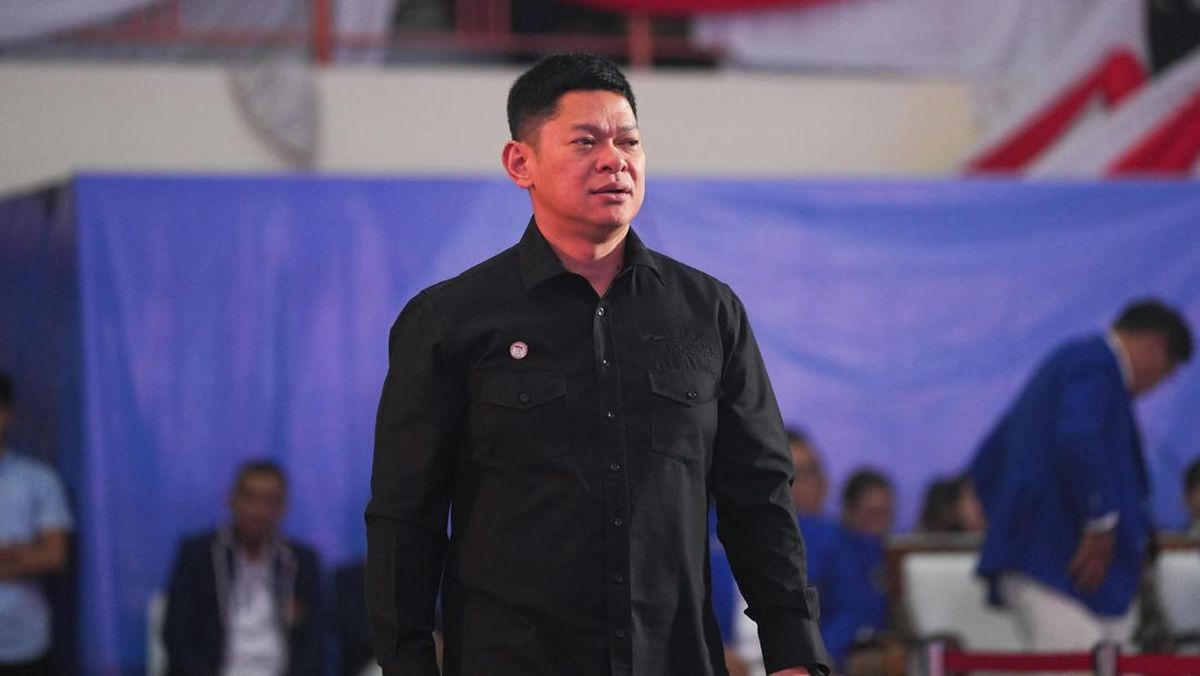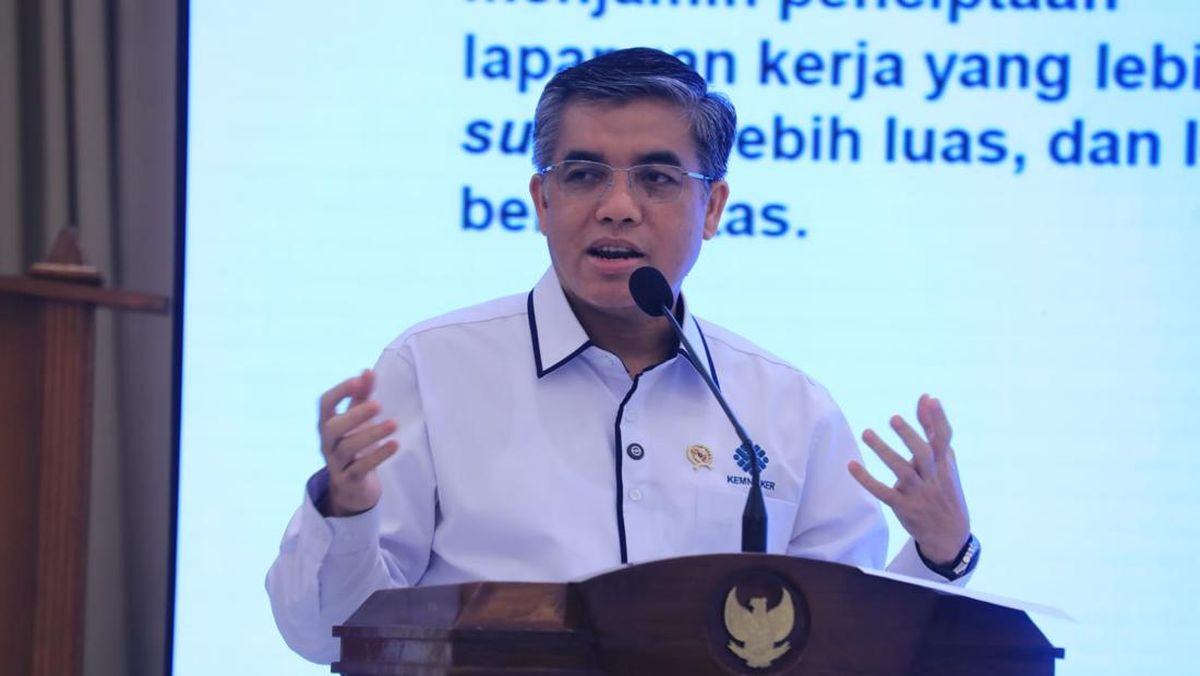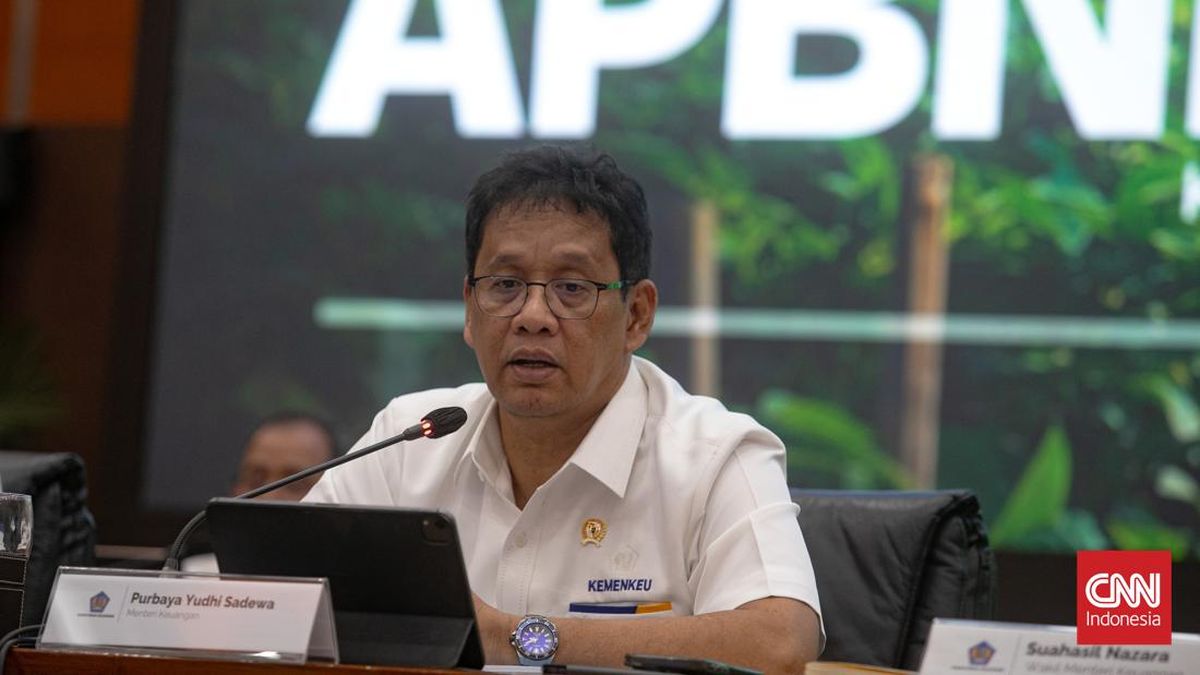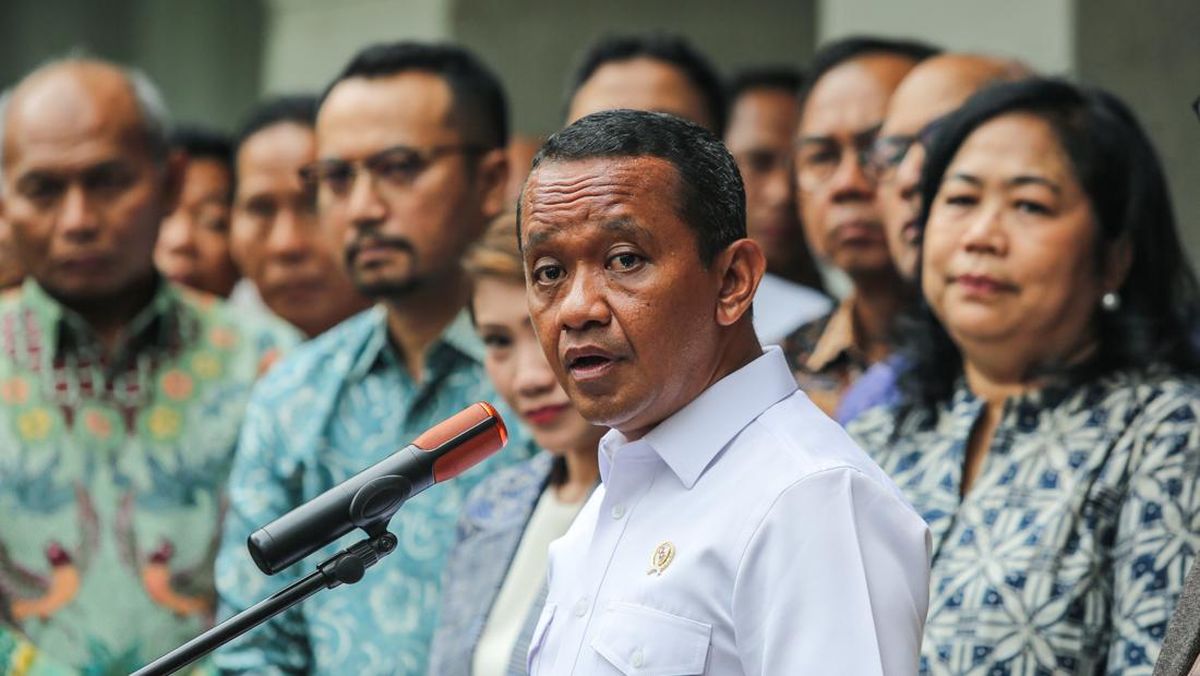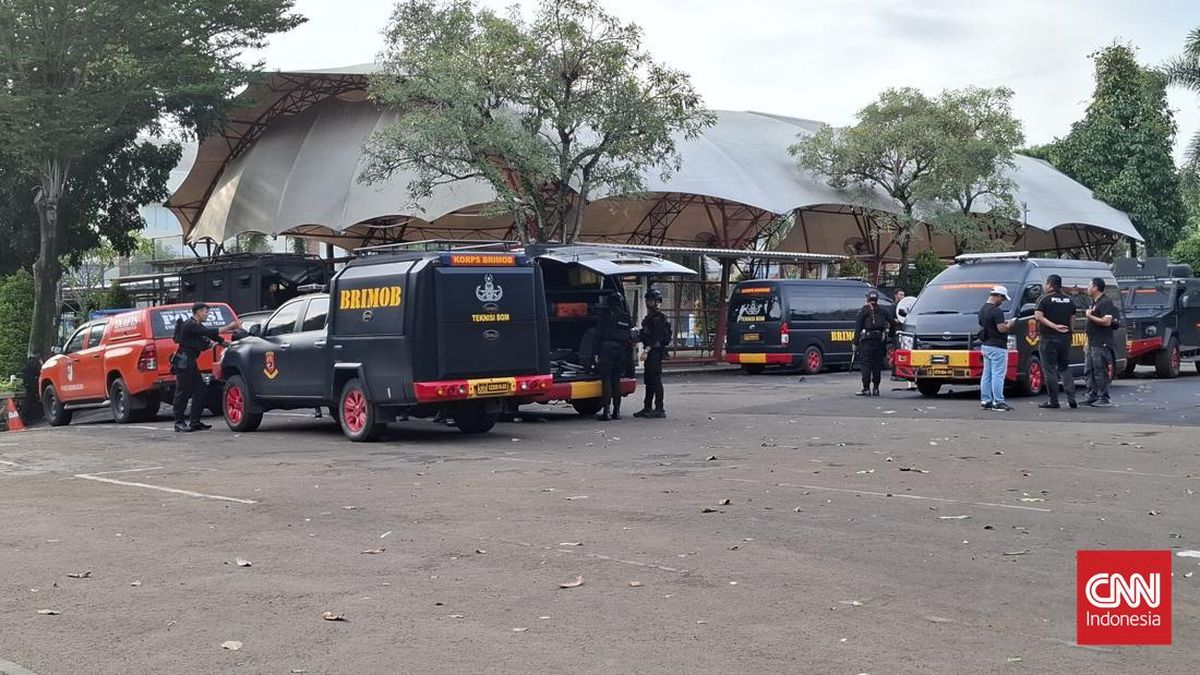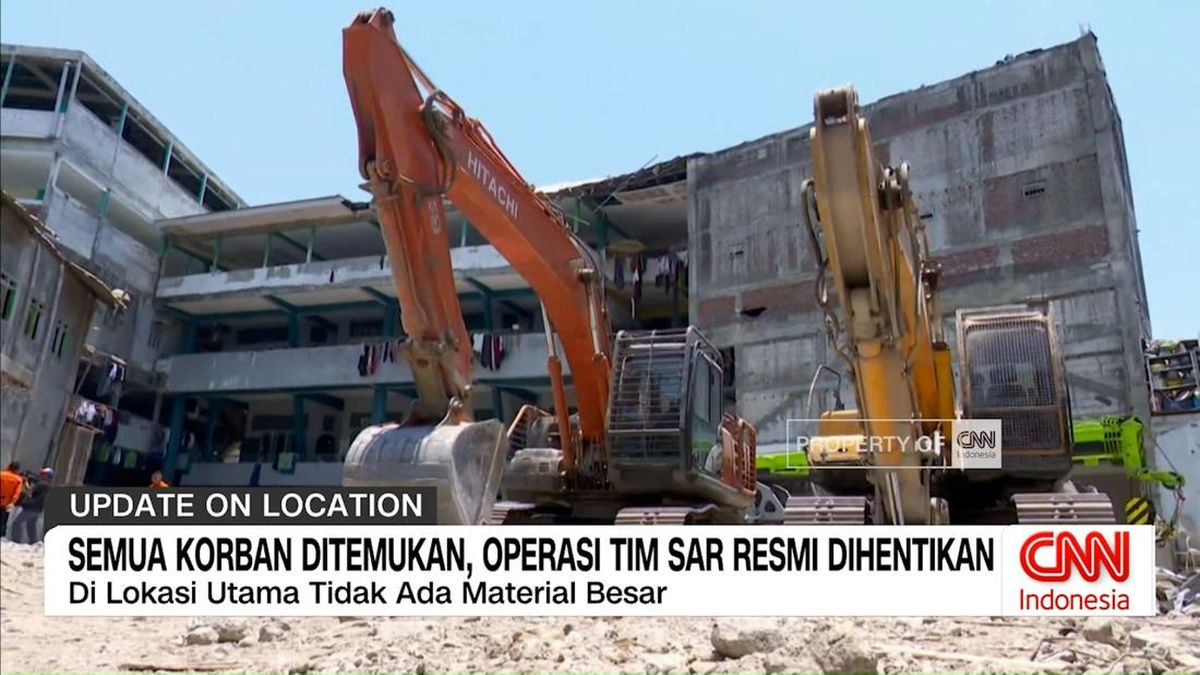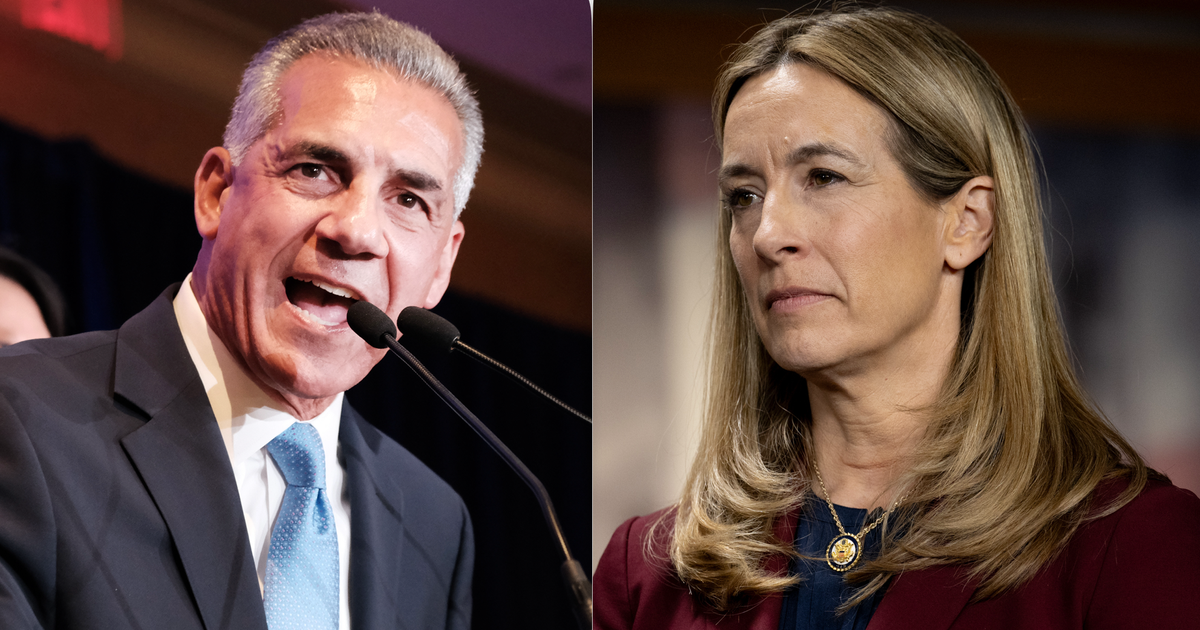Monash University is proposing to close and break up its flagship climate crisis institute, leaving scores of academics and staff fearing for their jobs.
The proposal has triggered widespread consternation at this institute since staff were told in mid-September that the university was proposing to “disestablish” the 18-year-old Monash Sustainable Development Institute (MSDI) and redistribute its 200-plus staff and research units across other faculties.

Staff are fearful of “redundancies by stealth” at Monash’s Sustainable Development Institute.Credit: Luis Enrique Ascui
This masthead has obtained a series of acrimonious emails from the centre’s director, Professor Tony Capon, addressed to vice chancellor Sharon Pickering. Capon copied several senior managers on the email chain and forwarded it to staff and PhD students at the institute.
In the emails, Capon, whose job will “no longer be required” under the proposed changes, issued a series of demands and complaints about the university’s handling of the restructure.
He said he had no trust in the relevant department to “manage the process in a way that cares for the wellbeing of MSDI staff (both academic and professional staff)”.
Monash University’s proposed change management plan

Monash University’s proposed change management plan.Credit: The Age
“I demand that the current change paper is withdrawn because it is completely flawed.”
The Sustainable Development Institute houses more than 200 scientists and staff working across the climate crisis, flooding, recycling and bushfires. It is home to the highly respected Climateworks think tank, and has distributed millions of dollars raised from philanthropists for resilience projects in fire- and flood-affected communities in Victoria and NSW.
The university said the change was being made to better integrate the functions and research of the institute with the wider university. But university documents leaked to this masthead outline another goal: financial sustainability.
“In light of sector-wide financial pressures, including changes to international student caps and increased competition for research funding, this consolidation, including reduced duplication, will reduce overheads and ensure resources are directed to areas of highest impact,” the university’s change management plan reads.
Capon forwarded his email, and the university’s response, to the entire staff of the institute. “People were coming into the office going, ‘Have you checked your emails yet?’” said one staff member, speaking anonymously for fear of retribution. “We really appreciate his honesty, and can appreciate he’s probably burning a lot of internal bridges on our behalf.”
They said Capon had been initially telling staff the institute would simply be reporting to a different Monash executive, and found out it was being disestablished only moments before staff were told. “He passed that on to all 200 of us, reassured all of us, and then we were all blindsided by what has obviously been the plan all along,” said the staff member.
Capon did not respond to repeated requests for comment.
The change management plan distributed to staff notes the closure would “reduce duplication, improve efficiency, and optimise the use of resources”.
A spokeswoman for the university said the “realignment” would “strengthen our academic integration” by placing scientists in other aligned faculties.
“We’ve shared the proposal with staff who may be impacted and will consider their feedback before making a final decision,” the spokeswoman said. “There are no redundancies or impact on current fixed-term staff contracts as part of this proposal.
“We are currently undertaking genuine consultation about the proposal with staff, and it would be premature and inaccurate to suggest any decision has been made.”
Loading
Staff, however, are fearful of “redundancies by stealth”. Many staff members are employed on short-term contracts that expire early next year and fear the university will not renew them. They have been told they will be renewed based on the “operational needs” of their new departments.
“The institute will vanish in a puff of smoke,” said Ben Eltham, Monash branch president of the National Tertiary Education Union. “It’s one of the most successful institutes of its type in Australian universities. If you break it up, kill the name, kill the brand, and send people off ... it’s hard to see how this is a synergy or will be good for the study of sustainability at Monash University.”
The vast majority of staff were on fixed-term contracts, making them vulnerable to not being renewed, said one staff member, speaking anonymously for fear of reprisal.
“We’re all looking for jobs now,” the staff member said. “We feel so insecure in what our future looks like. I can’t see any way myself and my colleagues will have a job next year.
“We are one of the most successful institutes in the world in terms of what we do, how we do it, and the money we earn. If the reason was ‘we need to save money’, that would suck, but you could understand. But they are not giving us any legitimate reason why this is happening.”
Monash’s strategic plan, Impact 2030, positions research on the climate crisis as one of the university’s three core pillars.
Staff have been circulating a petition, now with more than 140 signatures, calling on Monash to abandon closure of the institute.
Do you know more? Email the journalist securely: [email protected]
Most Viewed in National
Loading



